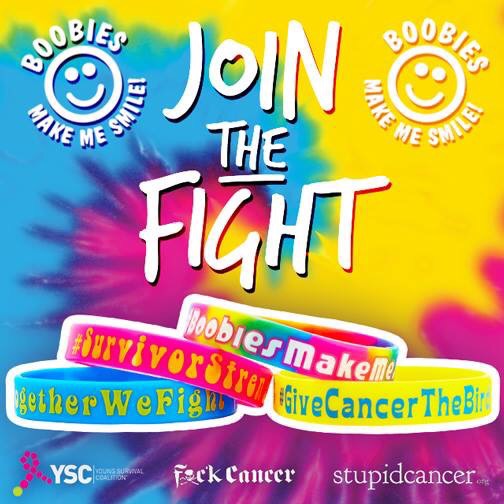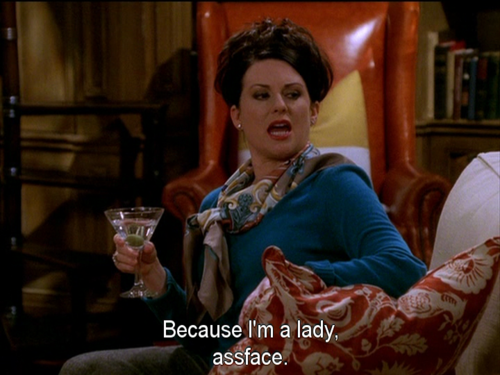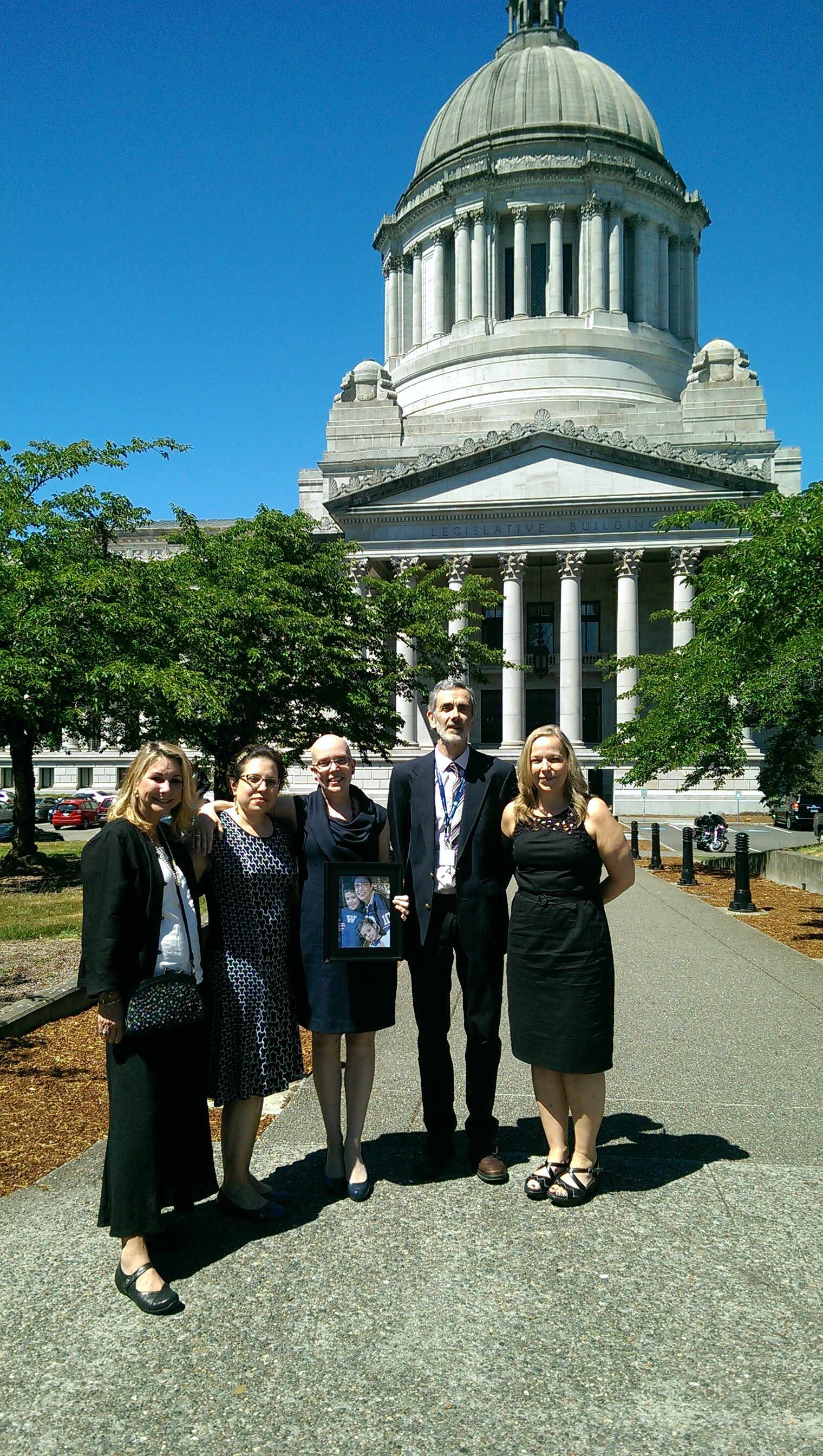The other night I was watching The Hunger Games, and The Hubs came in the room. Now, the Hubs is usually one to have seen every sci-fi/fantasty/futuristic film there is, but for some reason, he’s never seen The Hunger Games, or read the books. So he says, “What are you watching?” And I’m like, “Duh, The Hunger Games.” And he’s like “Oh, I’ve never seen it.” And I’m like, “WHAT?!?! How can you not have seen this movie? Have you read any of the books?” And he was like, “No. I thought it was like Twilight or something.” And I was like, “WHAT?!?! No, it’s this crazy dystopian future thing. Dude, there’s no vampires.” I was seriously flabbergasted that he didn’t even know what The Hunger Games is about, but then I went back to watching the movie.
And then I got to thinking about cancer, as one does when one has it, I realized that those of us with terminal cancers have a lot in common with Katniss and the gang. I know this is totally geeky, but hang with me, this may be one of my most awesome metaphors yet.
Just like the tributes, we’re chosen practically at random, plucked from our regular lives, and plopped down in a strange world where we struggle to stay alive, all the while knowing that practically all of us aren’t going to make it. And despite our own trauma and the knowledge that we probably shouldn’t get attached to them, we make friends with the other people in this horrible place, because some of them turn out to be really awesome and we just can’t help ourselves. And we cry and put flowers around them when they die, and get more and more angry at the system that has put us in this place.
Yeah, that’s an obvious metaphor. Hang with me, I’m not done yet, this is going to get more interesting. And a wee bit political.
In The Hunger Games, the tributes compete with each other for resources, including the scarcest resource of all: getting to stay alive. It’s not surprising that in their desperation to live, they’ll do horrible things, including turning on each other. What’s the very scarce thing in cancer land than can keep us alive? That’d be research money, my friends.
In the breast cancer world, mets doesn’t get nearly the funding it deserves. I’m not saying that we don’t need better, less toxic treatments for early stage disease; we do. But while we spend 93% of breast cancer research funding on early stage disease, those of us with mets are dying. About 40,000 of us per year, in fact, every year, for 40 years. We don’t even know how mets happens. People who thought they caught their cancer early and thus wouldn’t have to worry anymore about it end up with metastatic disease. We don’t know what causes it, we don’t know how to prevent it, and we don’t know how to stop it from killing us once we do have it.
But that’s not the whole picture, either. Because, although breast cancer causes far too many deaths, other terminal cancers cause even more. According to this year’s estimates, there’ll be slightly less people diagnosed with lung cancer than with breast cancer, but more than three times as many deaths from lung cancer as from breast cancer. Lung cancer gets less than half the research funding that breast cancer does, and I think a lot of that is because people believe that everyone with lung cancer brought it upon themselves by smoking, which of course isn’t true, and even if it was, so what? People deserve to die because they made bad choices in their youth? Meanwhile, a lot of folks in the cancer world call breast cancer the bully disease, because we get so much more research funding than other, more deadly cancers, and we throw ourselves all these pink parades and get all this attention. And then, of course, we turn around and spend 93% our research money on those of us who aren’t dying.
See how easy it is to turn on each other, when we’re all so desperate to stay alive? How easy it is to be filled with hate and point fingers and say “You don’t deserve it, I do”?
But who’s the real bad guy? Just like in The Hunger Games, those of us trapped in this cancer arena aren’t the enemy. The real enemy is the system that put us here–the cells that went bad, and the people who won’t spend the money we need to stay alive, and who spend it in ways that aren’t smart. Every time a drug manufacturer spends its research budget on another me-too drug that’s no better than similar drugs already on the market, every time Congress cuts research funding again, every time another study is done using animal analogs that don’t reflect human physiology, we’re left with less resources to keep us alive.
So, what if we blew up the arena instead, so to speak? What if instead of fighting each other, we came together and demanded more research funding, and that the money be spent where it will do the most good? Imagine how much better things would be for us. For all of us.







